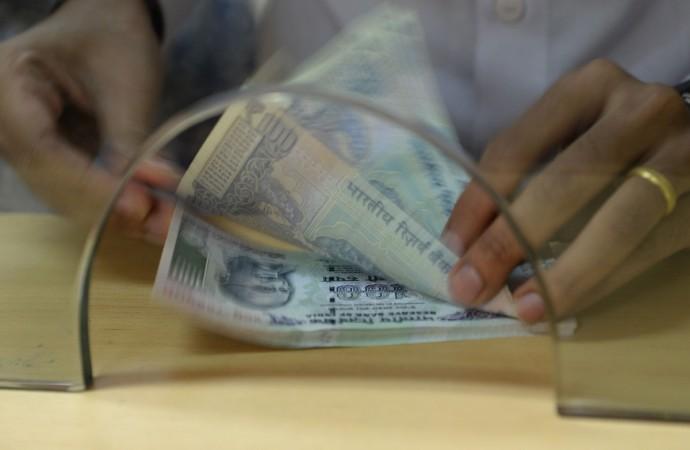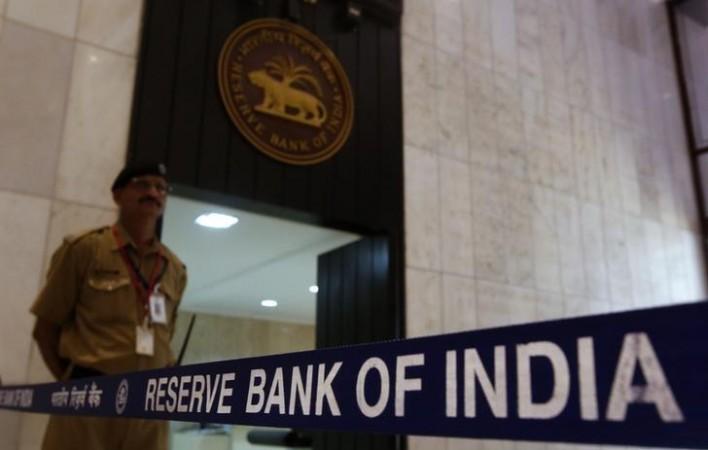NPR, NRC and CAA protests have taken the nation by storm. People are seen protesting in the roads and also making strong debates online against the new citizenship amendments. Amidst all the protests, Central Bank of India in Tamil Nadu was shocked by its customers' response after an advertisement created panic in a TN village.
The Central Bank of India's branch in Kayalpattinam village near Thoothukudi witnessed a withdrawal spree over the last couple of days after the bank's advertisement included National Population Register (NPR) letter as an officially valid document for bank's KYC verification. The bank also warned that the accounts of those who fail to submit the documents before January 31 would be frozen.
The bank's ad did not clearly mention if customers need to submit all the listed documents or any of them would be enough for successful KYC verification. After the NPR scare spread across the village, depositors stormed to the bank to withdraw cash from their accounts.

The withdrawal spree
According to the bank, 90 percent of Central Bank of India's Kayalpattinam branch are Muslims. A bank official said that the panicked customers were not willing to listen and even the community elders were unable to convince them. As a result, most of the customers had taken out almost the entire amount.
According to reports, Rs 4.5 crore was withdrawn in a matter of days after the advertisement was put out by the bank. Withdrawals had crossed Rs 1 crore on Saturday, but the figure almost doubled on Monday to Rs 1.85 crore. The record withdrawals, according to the bank, were six times the normal withdrawal limit.
Bank clarifies NPR letter demand
The bank was clearly taken aback by the shocking behaviour. As a result, the Central Bank of India had to post another advertisement clarifying that any of the documents in the list would suffice for KYC verification. In addition, the bank also launched a campaign in auto-rickshaws, decided to put up 50 banners across the village and distribute pamphlets emphasising on the safety of money deposited in the bank.

"People must have mistaken...The number of documents usually considered for KYC verification is half a dozen, including PAN card, passport, voter identity card, driving licence, National Rural Employment Guarantee Act card and Aadhaar. After RBI included NPR letter in the list recently, we had to add it in our advertisement as we cannot deny that in case someone comes with an NPR letter," R L Nayak, assistant general manager handling public relations for Central Bank of India, was quoted as saying.
By Wednesday, the withdrawals had slowed down but didn't reach the regular Rs 25 lakh limit. According to reports, the withdrawals had come down to Rs 80 lakh on Wednesday. Even though RBI considers NPR letter as an officially valid document for KYC verification by the bank, it must be understood that other documents can also be used for the purpose of verification.

















